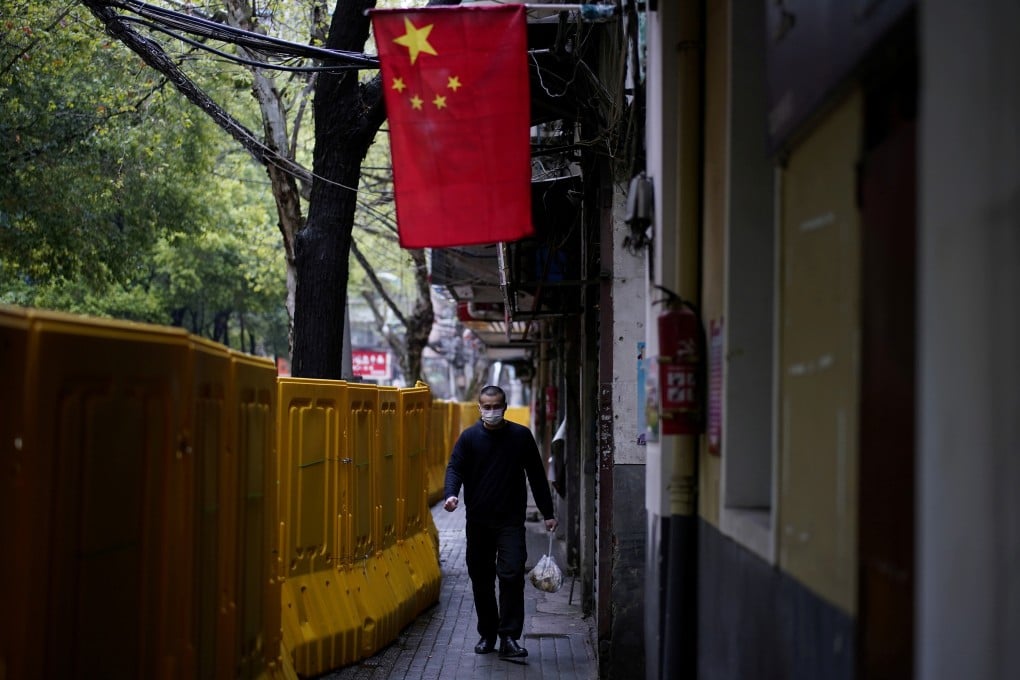Advertisement
Explainer | Coronavirus: What are the lockdown measures and travel bans in Asia?
- The restrictions introduced in Wuhan, where the new virus was first reported, are being replicated in varying degrees around the region
- Travel bans, compulsory quarantine and reduced freedom of movement for residents are a common feature
Reading Time:3 minutes
Why you can trust SCMP

When the central Chinese city of Wuhan – the original epicentre of the coronavirus pandemic – implemented a lockdown on January 23, it was a bold measure to tackle the outbreak.
The lockdown of the city – with 11 million residents – saw its borders closed, incoming and outgoing flights cancelled, public transport halted, public gatherings banned and the movement of people restricted.
The move was acknowledged by the World Health Organisation as having “changed the course of a rapidly escalating and deadly epidemic”.
Since then, governments around the world have been imposing travel bans and lockdowns with various degrees of severity to curb the spread of Covid-19.
Advertisement
Here’s a summary of the situation in China and the other parts of the region:
Mainland China
China has temporarily suspended entry to almost all foreign nationals holding visas or residence permits to prevent a second wave caused by imported infections.
Advertisement
Advertisement
Select Voice
Select Speed
1.00x